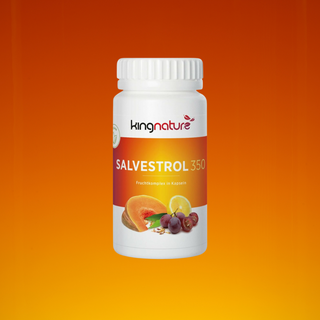
What are multivitamins?
Multivitamins are dietary supplements that contain a combination of vitamins and minerals. They are usually presented as tablets or capsules and can come in different dosages.
Why Are Multivitamins So Popular?
There are many reasons people take multivitamins. Some of the most common reasons are:
- Lack of Adequate Nutrition: Many people struggle to eat a balanced diet that includes all the vitamins and minerals they need. Multivitamins can help bridge this gap.
- Disease Prevention: Certain vitamins and minerals have been shown to reduce the risk of certain diseases. By taking a multivitamin, you can lower your risk of these diseases.
- Health Support: Multivitamins can also help support overall health and increase energy and well-being.
What vitamins and minerals are in a typical multivitamin?
A typical multivitamin contains a variety of vitamins and minerals. Some of the most common nutrients included are:
- Vitamin A : Important for vision, the immune system and the growth of bones and teeth.
- Vitamin C : Important for the immune system, wound healing and the formation of collagen.
- Vitamin D : Important for bone health and regulating calcium levels in the body.
- Vitamin E : Important for the immune system and protecting cells from free radical damage.
- Vitamin K : Important for blood clotting and bone health.
- Thiamine (Vitamin B1) : Important for carbohydrate metabolism and nerve function.
- Riboflavin (Vitamin B2) : Important for the metabolism of carbohydrates and the formation of red blood cells.
- Niacin (Vitamin B3) : Important for the metabolism of carbohydrates and fats and the formation of red blood cells.
- Vitamin B6 : Important for the metabolism of proteins and the formation of red blood cells.
- Folic Acid (Vitamin B9) : Important for the formation of DNA and RNA as well as the formation of red blood cells.
- Vitamin B12 : Important for the formation of red blood cells and the functioning of the nervous system.
- Biotin (Vitamin B7) : Important for the metabolism of carbohydrates and the formation of skin, hair and nails.
- Pantothenic acid (vitamin B5) : Important for the metabolism of carbohydrates and fats and the formation of hormones.
- Calcium : Important for bone health and muscle and nerve function.
- Iron : Important for the formation of red blood cells and the transport of oxygen in the body.
- Magnesium : Important for muscle and nerve function as well as energy metabolism.
- Zinc : Important for the immune system, wound healing and the formation of DNA and proteins.
- Iodine : Important for thyroid function and growth.
- Selenium : Important for the immune system and protecting cells from free radical damage.
How should you take multivitamins?
The dosage of multivitamins can vary depending on the product. It is important to read the directions on the packaging and stick to the recommended dosage. It is usually recommended to take multivitamins with a meal to improve absorption of the nutrients.

Multivitamins for optimal nutrient supply
Multivitamins can be a great way to ensure you're getting all the vitamins and minerals you need, especially if you're struggling to eat a balanced diet. However, it is important to pay attention to the dosage recommendations and stick to the recommended dosage in order to minimize possible risks and side effects.
Frequently asked questions about multivitamins
Here you will find the answers to the most common questions our customers have about antioxidants. Learn more about how antioxidants work, recommended dosages and natural sources. This allows you to make an informed decision and make the right choice for your needs.

























